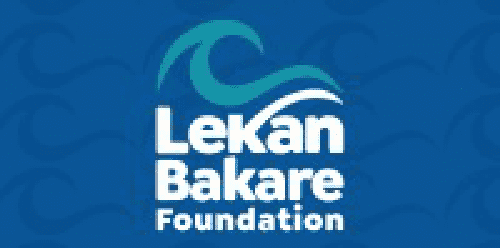Welcome to the SDG Awards, a distinguished recognition program honoring the remarkable contributions of individuals, organizations, and initiatives in championing the United Nations’ 17 Sustainable Development Goals (SDGs).


Advocacy: Raises awareness about marine conservation through global platforms like the IFAT Fair, emphasizing the need for protect marine life.
The SIERA Awards are the next evolution of the EUTECH SDG Awards — expanding with new categories, greater global reach, and deeper impact.
Proudly powered by: